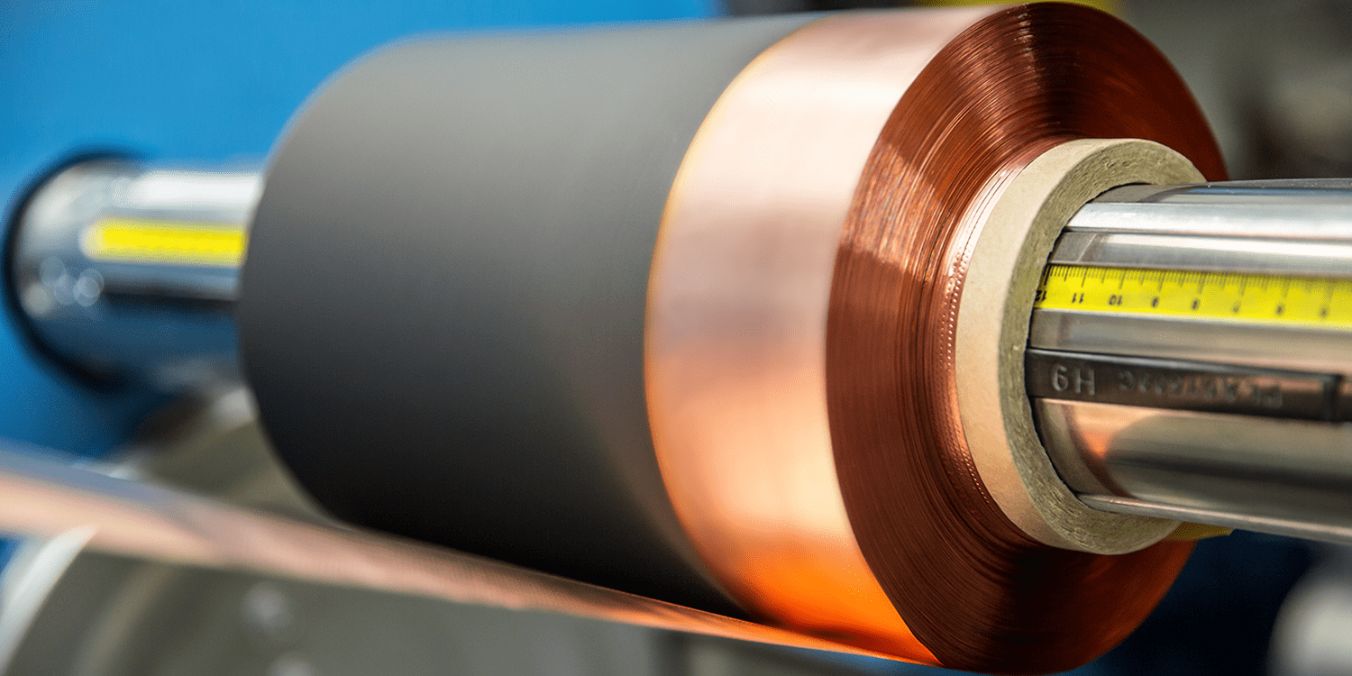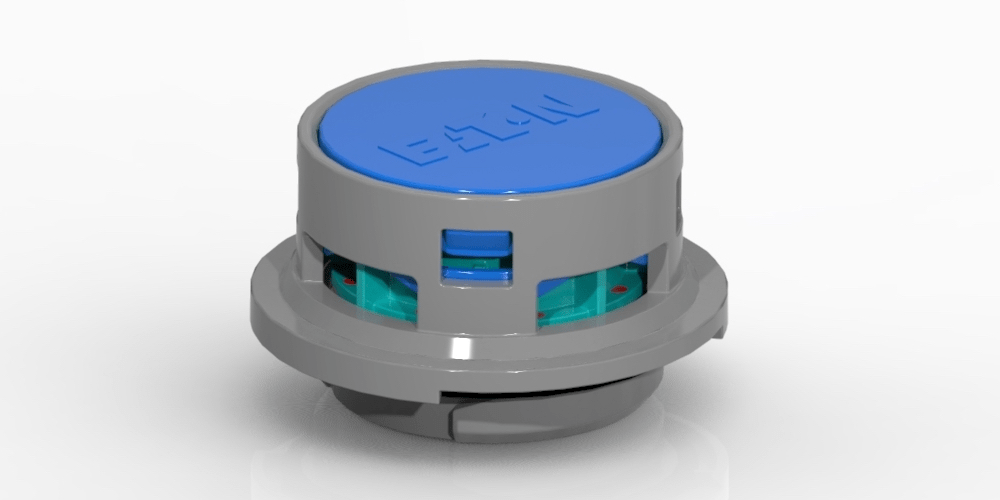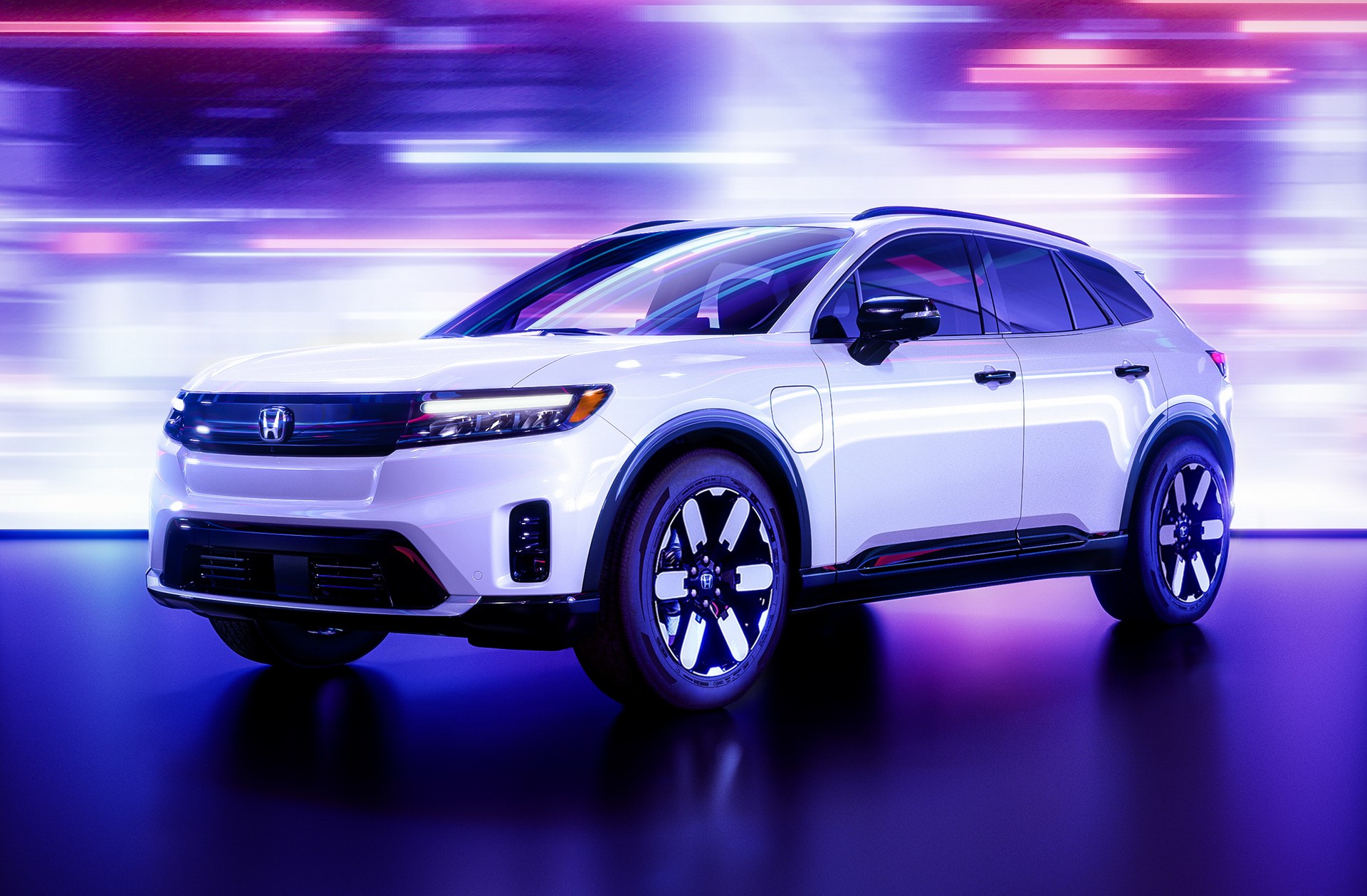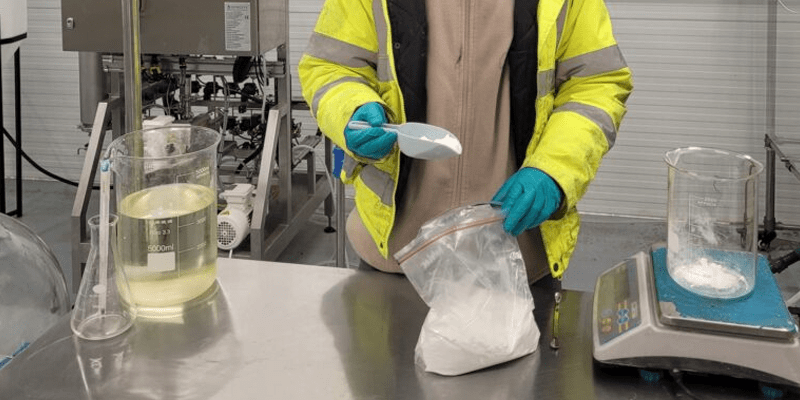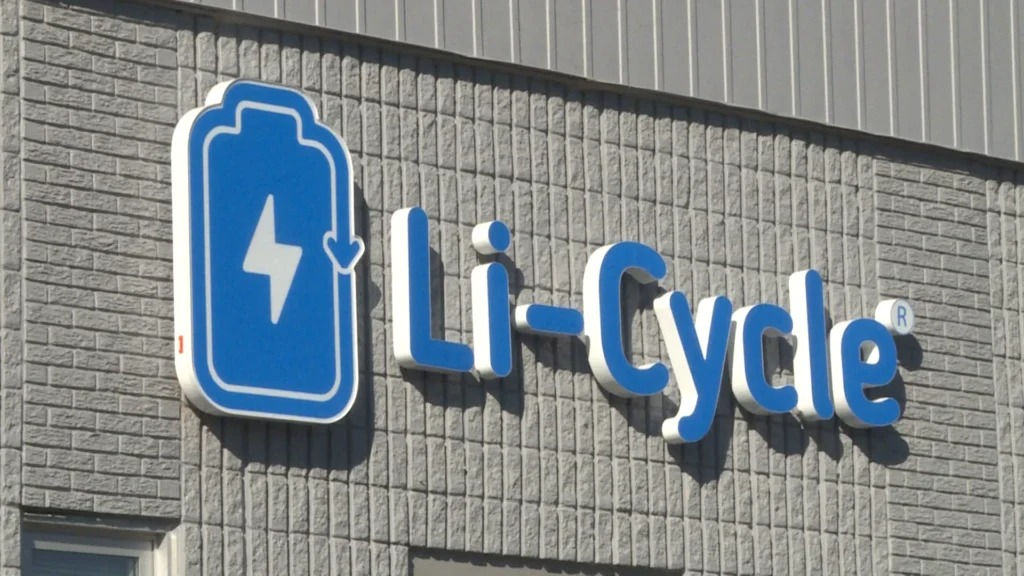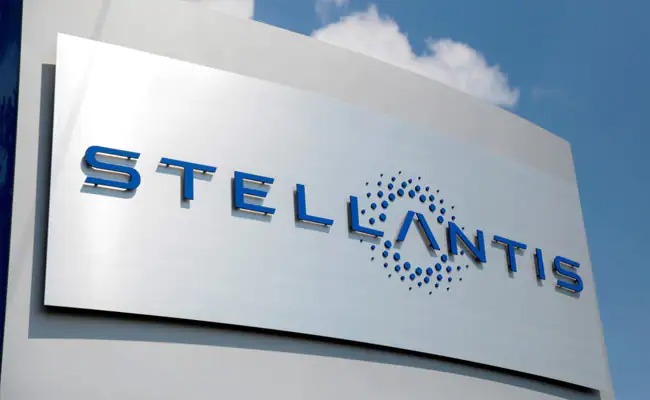EAS Batteries, the Karlsruhe Institute of Technology (KIT), and EdgeWave have teamed up for a three-year research project aimed at boosting the performance of lithium-ion round cells. The project, dubbed “High-E-Life,” will run until January 31, 2026, and has a total volume of 2.1 million euros, with 1.3 million euros in funding from the German Federal Ministry of Education and Research (BMBF).
The three research partners are looking to apply concepts of laser structuring of electrodes to large-format wound cells, specifically lithium iron phosphate active materials (LFP), for the first time. According to the researchers, laser-structured LFP cathodes promise higher energy density, shorter charging times, and longer round cell life. “The so-called ion highways can prospectively reduce the charging times of large-format LFP round cells to half or even a third. At the same time, thicker electrodes can be wound due to the higher mechanical flexibility,” the organizers wrote.
See also: Albemarle Forecasts 40% Growth in China’s EV Market, Boosting Demand for Lithium
EAS Batteries, which was acquired by Britishvolt last year, has more capabilities than just producing conventional electric vehicle batteries. In 2020, the company presented a battery solution for hybrid diesel or fuel cell ships. The system is reportedly flexible, and according to EAS sales manager Dr Frank Diehl, “With the EASy-Marine-Modules, it is possible to reproduce steps, so that even sloping walls no longer present a space problem.”
While Britishvolt has faced production struggles and filed for insolvency at the beginning of the year, the company has found a potential buyer in the Australian Recharge. Recharger founder David Collard is optimistic about the deal, saying, “We’re thrilled to be progressing with our proposed bid for Britishvolt and can’t wait to get started making a reality of our plans to build the UK’s first gigafactory.”
See also: NIO to Build First Battery Plant, Reducing Supplier Reliance and Boosting In-House Capabilities
The collaboration between EAS Batteries, KIT, and EdgeWave has the potential to significantly improve the performance of lithium-ion round cells, leading to shorter charging times and longer cell life. As the world continues to shift toward renewable energy sources, the success of such projects will be crucial in meeting the growing demand for energy storage solutions.

